Premises liability claims can be a slippery subject, particularly when the claim takes place in an unusual setting or deals with an unusual set of facts. Washington liquor stores have long faced regulations and laws far more stringent than those applied to other types of businesses and have faced special scrutiny in nearly all aspects of business operation. However, liquor stores received positive news earlier this year. Washington courts re-affirmed liquor stores have the same duties and responsibilities regarding the safety of its premises as any other business, and plaintiffs will have to meet the same burden of proof when making premises liability claims against liquor stores as they would when making claims against any other store.
Background
Ms. Johnson found herself with a hankering for a certain beverage in 2011 and visited a state liquor store one wet and rainy day.[i] Upon entry into the store, Ms. Johnson walked onto a mat. After stepping off the mat, Ms. Johnson stepped onto a waxed linoleum floor. Neither Ms. Johnson nor her boyfriend noticed any water on the mat or on the floor prior to the fall. Ms. Johnson’s boyfriend also slipped after stepping off the mat but did not fall. Mr. Smiley, the store clerk, did not see any water on the floor after the fall. He testified he was not aware of any water, or any other hazardous condition, on the floor of the entryway before Johnson fell. There had never been any previous incidents of individuals falling upon entering the store known to store management prior to Ms. Johnson’s incident.
Litigation
Ms. Johnson’s case went to trial and the State moved for judgment of a matter of law, asserting Johnson had not presented evidence the State had notice of an unreasonably dangerous condition. The trial court denied the motion. The jury returned a verdict for Johnson. The State appealed the notice decision, among others.
The Court of Appeals ruled on the notice decision. The court looked to the following liability test: “(1) an unreasonably dangerous condition existed in the liquor store, and (2) the liquor store had actual or constructive notice of the dangerous condition.”[ii] The Court of Appeals held, “regardless of whether the floor was an unreasonably dangerous condition if it was wet, Johnson did not present any evidence that the store had actual or constructive notice of a dangerous condition.”[iii] The trial court was instructed to vacate the verdict and dismiss the case. Johnson petitioned for review on several issues, but the Washington Supreme Court granted review on “whether the foreseeability exception to the notice requirement applied in the context of premises liability actions.”[iv]
The court looked to the Restatement (Second) of Torts for guidance, which provides:
A possessor of land is subject to liability for physical harm caused to his invitees by a condition on the land if, but only if, he
(a) knows or by the exercise of reasonable care would discover the condition, and should realize that it involves an unreasonable risk of harm to such invitees, and
(b) should expect that they will not discover or realize the danger, or will fail to protect themselves against it, and
(c) fails to exercise reasonable care to protect them against the danger.[v]
The court focused on whether “the nature of the proprietor’s business and his methods of operation are such that the existence of unsafe conditions on the premises is reasonably foreseeable.”[vi] “Customers entering a store during business hours while it is raining is ‘inherent in a store’s mode of operation.’”[vii] As such, “an invitee may prove notice with evidence that the ‘nature of the proprietor’s business and his methods of operation are such that the existence of unsafe conditions on the premises is reasonably foreseeable.’”[viii] The court found the trial court correctly denied the State’s motion for judgment as a matter of law.
What Does it Mean?
So, what does this mean for liquor stores open during rainstorms? Not much more than what was required to be proved by plaintiff prior to this ruling. It appears the court granted appeal to clarify requirements of what plaintiff must prove. Plaintiff must still prove the existence of the unreasonably dangerous condition itself—proof of a dangerous condition remains an element of a premises liability claim. A claim for an unreasonably unsafe condition must be more than simply a slip or fall. When wetness or other potentially slippery condition is to be expected, more is needed–there may not be proof a floor was unreasonably dangerous in a given circumstance.
[i] Johnson v. Liquor and Cannabis Board, 486 P.3d 125, 2021.
[ii] Id.
[iii] Id.
[iv] Id.
[v] Restatement (Second) of Torts § 343.
[vi] Ingersoll v. DeBartolo, Inc., 123 Wn.2d 649, 652, 869 P.2d 1014 (1994), quoting Pimentel v. Roundup Co., 100 Wn.2d 39, 49-50, 666 P.2d 888 (1983).
[vii] Johnson, quoting Wiltse v. Albertson’s Inc., 116 Wn.2d 452, 458, 805 P.2d 793 (1991).
[viii] Johnson, quoting Pimentel v. Roundup Co., 100 Wn.2d 39, 49-50, 666 P.2d 888 (1983).
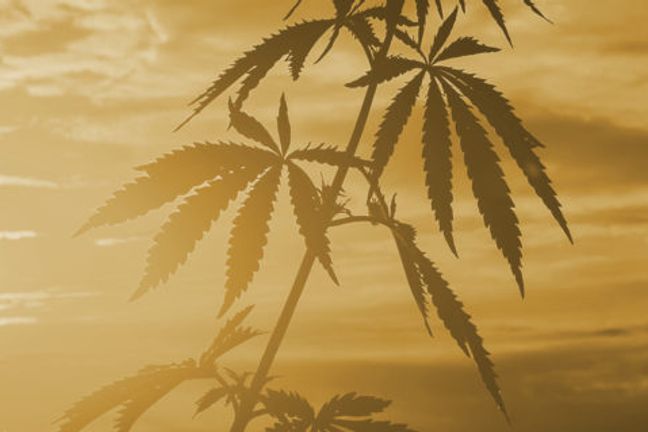
 Cannabis Workers Allege Quota to Trim 4 Pounds a Day Violates the California Labor Code
Cannabis Workers Allege Quota to Trim 4 Pounds a Day Violates the California Labor Code
 The Ninth Circuit Reminds Us: Every Word Matters
The Ninth Circuit Reminds Us: Every Word Matters
 NO WAY, PRO SE! The Consequences of Abusing the Judicial System as a Pro Se Litigant in Colorado
NO WAY, PRO SE! The Consequences of Abusing the Judicial System as a Pro Se Litigant in Colorado
 Victim of Financial Mismanagement or Unlawful Retaliation? New Jersey City University Program Founder Claims School Retaliated After Reporting Alleged Sexual Harassment
Victim of Financial Mismanagement or Unlawful Retaliation? New Jersey City University Program Founder Claims School Retaliated After Reporting Alleged Sexual Harassment
 “Real Housewives” Gets a Reality Check
“Real Housewives” Gets a Reality Check
 Missing a Chapter: Insufficiency of Expert Deposition Testimony in Medical Malpractice Litigation
Missing a Chapter: Insufficiency of Expert Deposition Testimony in Medical Malpractice Litigation
 Crash Course: Why Summary Judgment Misses the Mark in Illinois Multi-Cause Limousine Crash Collision
Crash Course: Why Summary Judgment Misses the Mark in Illinois Multi-Cause Limousine Crash Collision
 Bitter Truths: Lead, Cadmium, and Defective Pleadings in California Chocolate Class Action
Bitter Truths: Lead, Cadmium, and Defective Pleadings in California Chocolate Class Action
 The Law of Unintended Consequences: Including Insurance Brokers in Litigation Strategy Communication May Waive the Attorney-Client Privilege
The Law of Unintended Consequences: Including Insurance Brokers in Litigation Strategy Communication May Waive the Attorney-Client Privilege
 Liability Waivers: A Cautionary Tale of the Inconspicuous Waiver
Liability Waivers: A Cautionary Tale of the Inconspicuous Waiver
 Whose Employee Are They Anyway?
Whose Employee Are They Anyway?
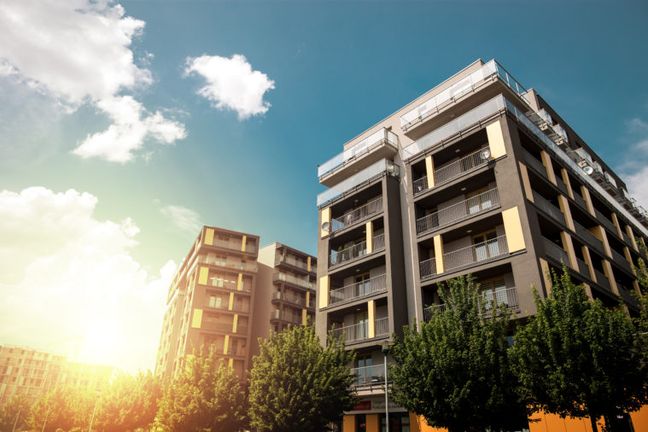 One For the Landlords in Washington
One For the Landlords in Washington
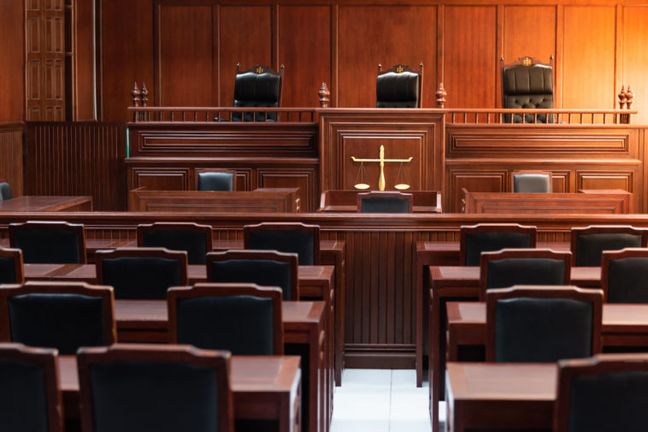 Covenant Judgments Can Be the Foundation of Bad Faith Claims
Covenant Judgments Can Be the Foundation of Bad Faith Claims
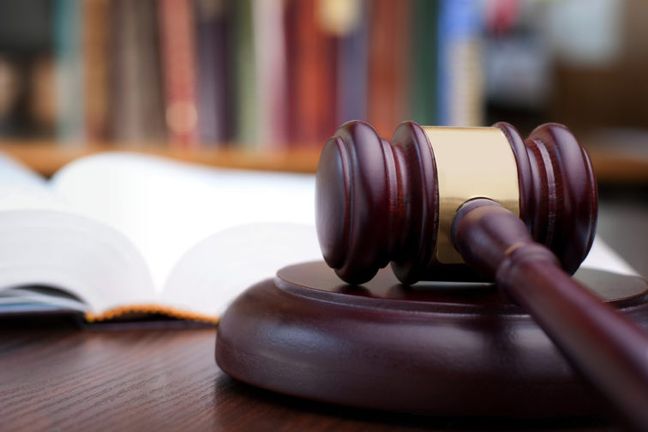 New Pathways to Recover for Intentional Inference with a Corpse in Washington
New Pathways to Recover for Intentional Inference with a Corpse in Washington
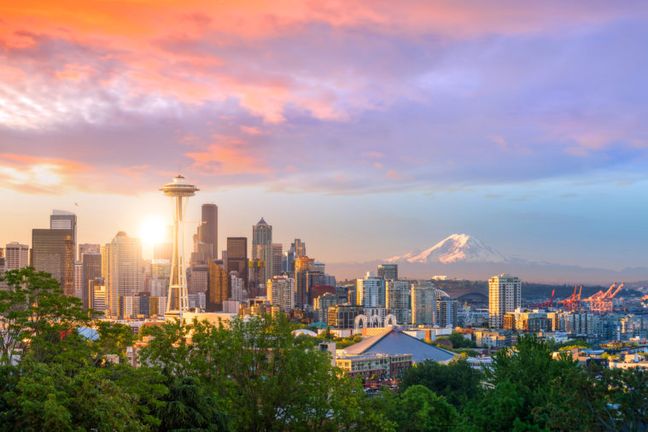 When Washington Statute and The Constitution (Somewhat) Collide
When Washington Statute and The Constitution (Somewhat) Collide
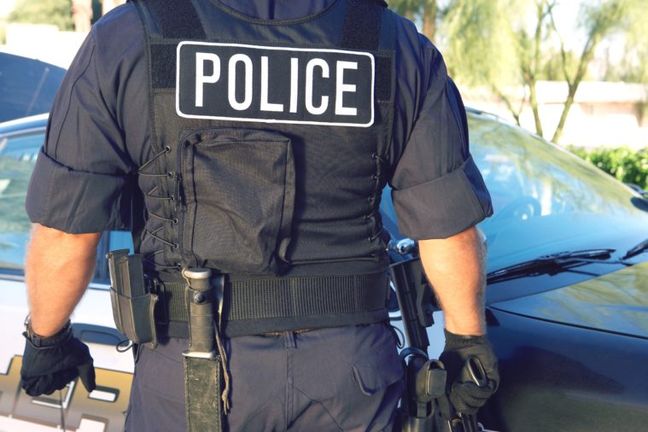 Opening the Wrong Doors
Opening the Wrong Doors